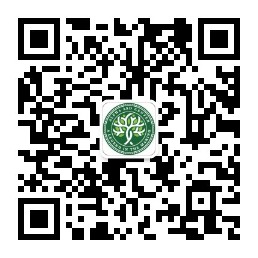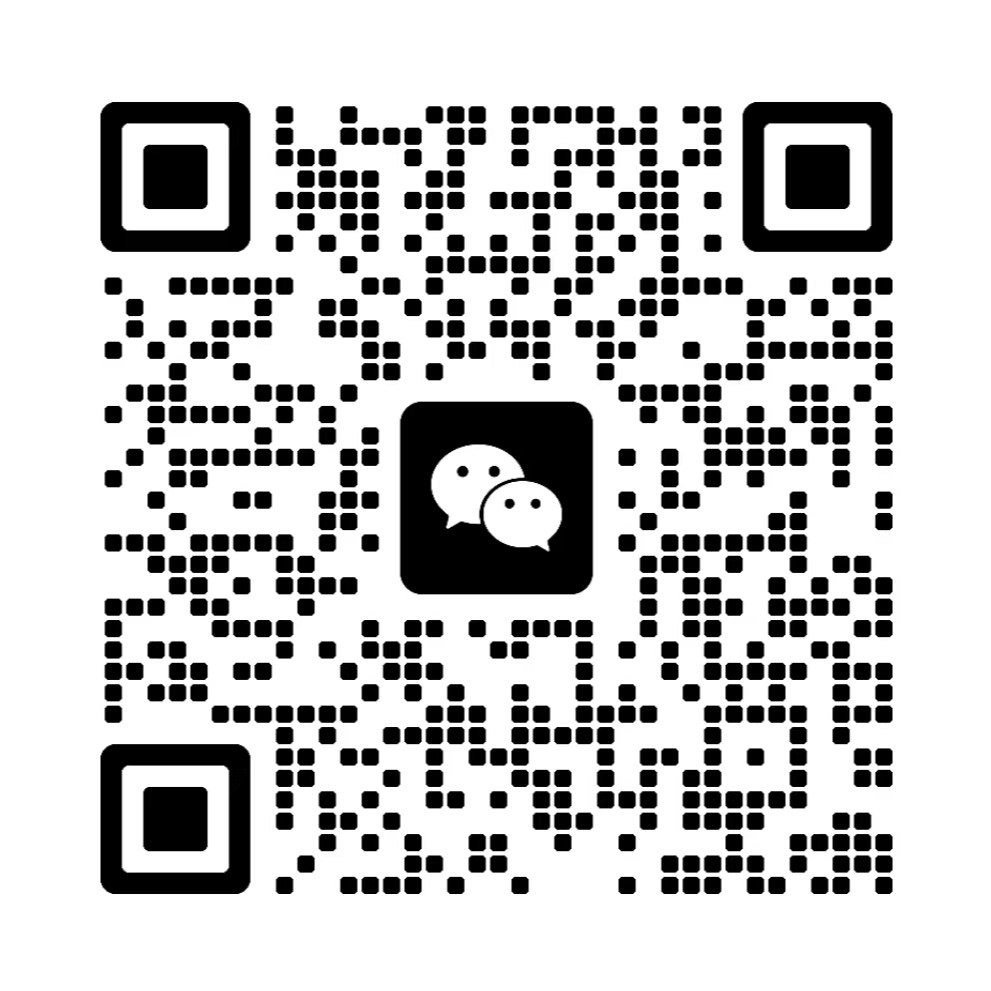課程體系
ALPHA的ESLs(Enhancement of Social and Language skills)課程體系
ALPHA的ESLs(增進社交與語言能力)課程體系,以學前譜系兒童的最終安置需求做為目標導向,有別於傳統自閉症早期幹預機構偏向於認知及基礎的語言行為教學,ESLs更加針對於阻礙ASD兒童進入到自然環境中(普通幼稚園與小學參與融合)學習的核心缺陷 – 社交障礙與語言落後,全面的推出針對性的ESLs課程體系,深入分析轉銜過程中的特點與挑戰,配合以更加自然的教學方法和教學環境設置,以類似幼稚園與小學的情景式教學,助力譜系兒童快速補足缺失,儘早參與融合。ALPHA’s ESLs (Enhancement of Social and Language Skills) curriculum
Focusing on the final placement needs of preschool children, ALPHA’s ESLs curriculum is different from the traditional autism early intervention program, which only focus on the cognitive and basic verbal behavior teaching. ESLs focuses more directly on the core defects that hinder ASD children from integrating into the ordinary kindergartens and elementary schools, including social barriers and language delays. The ESLs curriculum holistically analyzes the characteristics and addresses the challenges in the transition process. Utilizing natural teaching methods and environment settings typically used in teaching similar to kindergartens and elementary schools, it assists ASD children to quickly complement their weakness and integrate with the setting.幼稚園轉銜期主要特點
普通小學轉銜期主要特點


Main Characteristics of Transitioning to Kindergarten
Main characteristics of Transitioning to Ordinary Elementary School
對應於兩種轉銜期不同的特點,ALPHA – ESLs課程體系可以分為三個階段(初階、進階與高階),分別對應三個不同的目的和目標:
Based on the different characteristics and objectives of the two transition periods, the ALPHA – ESLs curriculum is divided into three phases (elementary, intermediate, and advanced):
點擊查看詳情 More
點擊查看詳情 More
點擊查看詳情 More
課程特點與優勢
Features and Advantages of the curriculum尊重科學、循證有效
ALPHA ASD Center深知,在ASD兒童早期密集幹預的關鍵時期,確保高品質、高效率幹預效果的基礎是所使用的方法必須尊重科學,臨床上歷經循證研究證明有效。ALPHA的課程體系和教學方法均是基於當下最具循證支援的ABA(應用行為分析)理論體系,並參照正常發育兒童的生長發育里程碑體系而設立,嚴格按照行為原理在資料記錄與分析的基礎上達到增加正向能力並降低負向行為的最終幹預目標。Based on science and empirical evidence
The ALPHA ASD Center understands that the early stages of childhood are a critical period for intensive interventions for children with ASD. To ensure the high quality and effective interventions, the methods adopted must be scientifically based and clinically proved effective. ALPHA’s ESLs curriculum and teaching methods follows the ABA (Applied Behavior Analysis) theory system, which is the most evidence-based medical theory. ALPHA curriculum is established and benchmarked to the developmental milestones for normal children. It strictly follows the behavioral principles and collect data to analyze, which further allows them to effectively intervene through strengthening children’s positive behavior and minimizing negative behaviors.
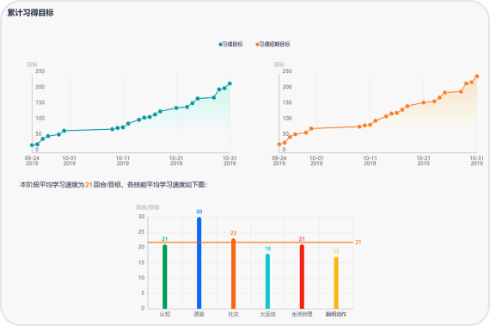
直指核心、有的放矢
相較於常規教學體系,ALPHA ESLs更加針對于ASD兒童的核心缺陷 – 社交障礙與語言落後,除去常規的基礎語言行為、認知等教學內容外,更引入了大量的社交、語言的幹預目標,既包含例如針對環境變化的敏感度、基本的提要求、基本的模仿能力等初階的社交、語言技能和學習方式,更包含例如他人的情緒狀態感知與採擇、他人觀點的採擇,涉及到評價、爭論、妥協,榜樣性的學習等高階的社交、語言技能和學習方法。幫助ASD兒童在越來越多樣的社交情境,越來越隱秘的社交線索中找到更佳的應對方法,降低兒童在普通環境中的融合困難與挑戰。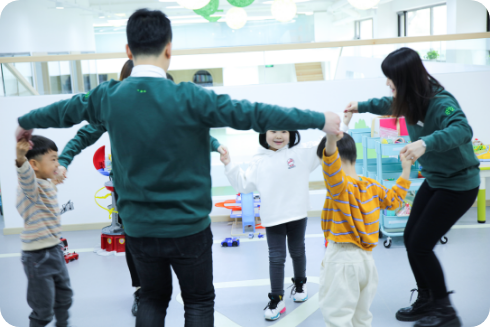
Target core deficits directlye
Different from the traditional curriculum, ALPHA ESLs is designed to target the core deficits for children with ASD - social barriers and language delays. The curriculum not only provides basic language and cognition interventions, but also covers different social and language interventions, such as learn to be sensitive to the change in the social setting, to imitate others, etc., at the basic level; learn to recognize other’s emotion, to react to other’s opinion, to criticize, to argue, to compromise, at a more advanced level. The ALPHA ESLs is designed to help children with ASD better adapt to various social settings and increasingly implicit social signs, and to better integrate into the ordinary environment.
高密度支援、團隊性教學
Alpha ASD Center 採取一比一的師生配比。在每天一百八十分鐘的課程中始終都有一位老師與孩子進行互動與幫助。這種配置意味著,在課程中、大集會、吃點心、玩遊戲、乃至上廁所的活動中,都可以規劃學習的項目,同時,在孩子任何時間需要輔助與説明的情況下,老師均可以無延時的提供適時適量的輔助。同時,與常規教學模式不同,ALPHA ASD Center使用團隊教學模式,由數位教師組成一個教學小組,跟能力接近的等量的孩子與她們的家庭一起工作。雖然我們設有主責制度,每個家庭都有一位主責老師負責溝通、協調、與對接,然而孩子的學習中卻不僅面對單一的老師,而是整個團隊的每位老師都有機會與孩子一同工作。團隊教學最大的優勢是方式多樣,揚長補短,充分發揮每位老師的特質與專長,讓教學更加堅實有效。孩子也有足夠機會跟更多不同的老師接觸,完成習得技能的自然泛化,擴展人際互動與適應。
High-intensity support, collaborative teaching approach
Alpha ASD Center operates on a one-to-one teacher-to-student ratio. A dedicated teacher is assigned to interact with and assist the child during the 180-minute course each day. It means that the teacher can customize the intervention/learning in class, recess, snack break, game time, and even during bathroom breaks. It also means timely and appropriate assistance or prompt for any situation in which a child met difficulties.
We use a model of collaborative teaching, which includes 3 to 4 teachers to support a group of 3 to 4 children and their families through connected courses. Based on the information collected at the initial consultation¸ we assign the child to a small class which meets his/her age and ability. A main teacher is appointed to each family, responsible of any school-family communication while the child will continuously receive instruction from all teachers in this class. Collaborative teaching model allows children and teachers to benefit from continuous exchange of ideas in mutually respected atmosphere. Teachers help each other to maximize their potentials so that the teaching can be more solid and effective while avoiding a fragmented instruction or hostile competition amongst teachers. In addition, children can interact with multiple teachers and classmates with different personalities, which further enhances children’s social competence and boosts their adaptions to new experiences.
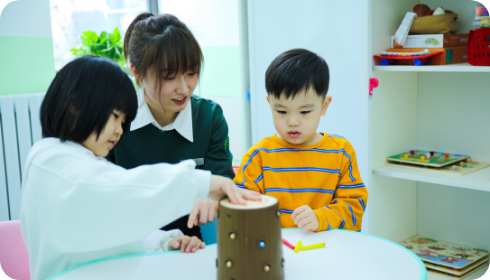
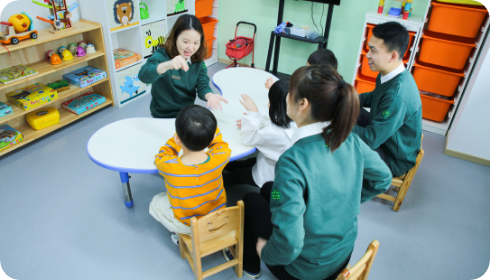
個性化匹配、多元化方法
ALPHA ASD center 始終以兒童最終進入到自然環境中學習作為早期幹預的最終目標,依據兒童初始能力的不同與學習速度的差異,適配不同的教學情境設置和教學方法。各種不同課型的設置依照兒童能力水準的提升動態調整,從初始高度結構化直接教學(單獨的教室、一對一的教學)到自然化的自主學習(開放的空間,集體課程為主)。教學方法也將隨著兒童能力的提升從高效提升基礎能力的DTT回合教學,逐漸完成向利用繪本、遊戲、戲劇等多種形態的自然情景教學的轉換。充分利用及擴展兒童的學習興趣與動機,隨著兒童學習動機的增強與興趣的擴展,給與兒童更多的學習主導權。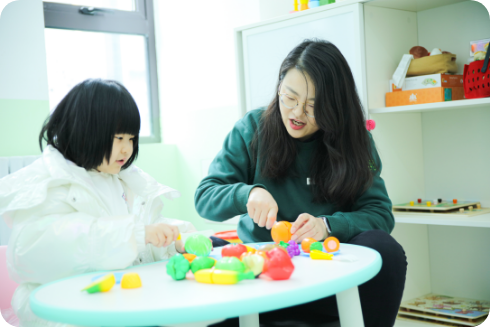
Personized teaching
ALPHA ADS’s ultimate goal of early intervention is to integrate children with ASD into the normal social environment. To best serve this purpose, We do dynamically customize different settings and teaching strategy based on children’s initial abilities and learning progress, from the highly structured direct teaching ( single classroom, one-on-one teaching ) to independent learning ( open space, group courses mainly ). The teaching approaches will also evolve with the improvement of children’s abilities, from the DTT (Discrete Trial Training), which are highly effective in improving basic skills, to to NET (Natural Environment Teaching) utilizing picture books, games, drama, etc. The program is designed to fully utilize and expand children’s interest in learning, and allows the children to drive the learning approach as they progress.
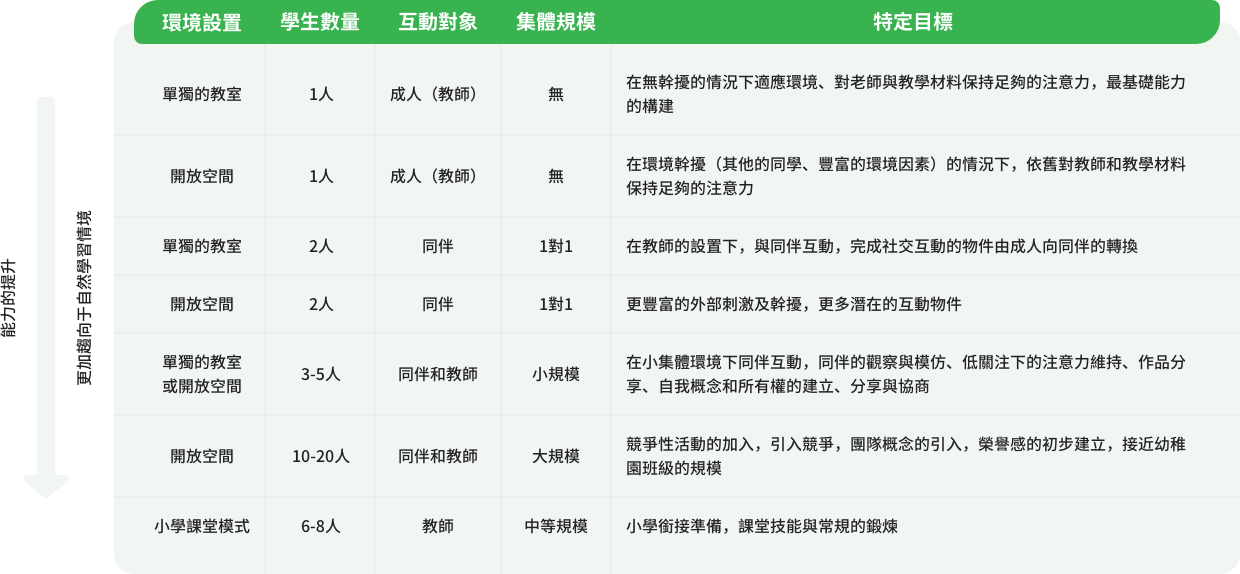
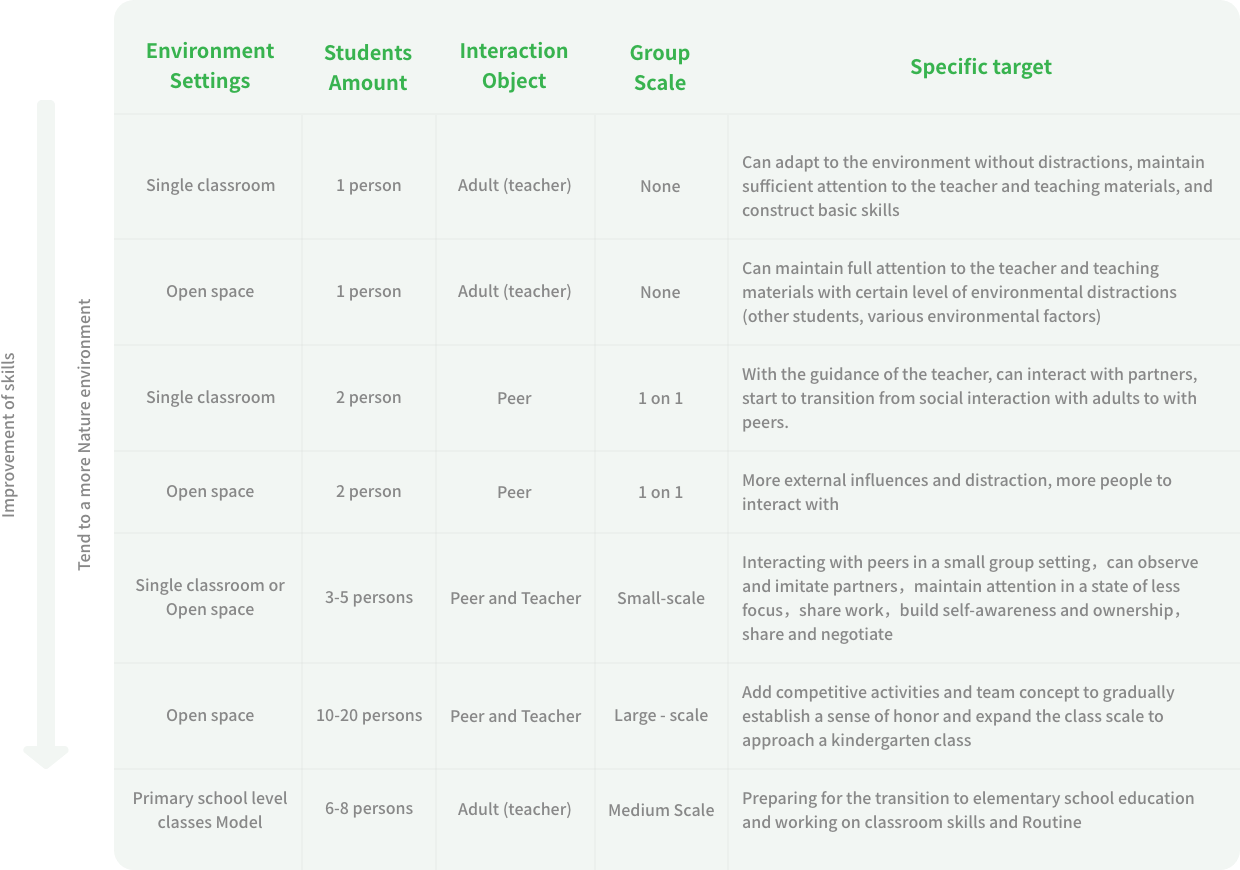
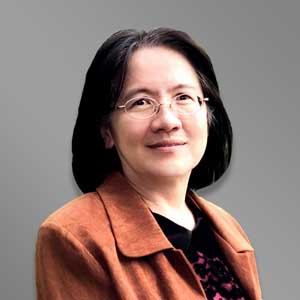
鳳華
ALPHA ASD CENTER 社交課程體系引入者及總督導
教授 BCBA-D
鳳華教授1994年畢業於美國俄亥俄州州立大學,獲得特殊教育哲學博士,同時也是一位國際認證博士級行為分析師( BCBA—D ),現任臺灣彰化師範大學複健諮商所教授,彰化師大附設行為輔導研發中心主任。著有《自閉症兒童社會情緒教學實務工作手冊》等4 部專著並發表數十篇科研論文。 為進一步擴充ALPHA ASD Center的自閉症早期幹預課程體系,ALPHA ASD center 特別引入了鳳華教授從業數十年來,自主研究並經實證後形成的針對以自閉症兒童為主的身心障礙者提升社交領域相關技能的評量與幹預體系(涉及的領域涵蓋情緒教學、情緒管理、溝通、象徵遊戲、觀察學習、分享式注意力、主題式對話、心智理論等眾多方面),並由鳳華教授親自向ALPHA ASD Center的教師團隊成員提供持續性的理論教學與實操督導。



